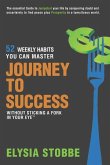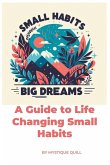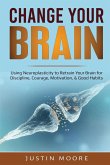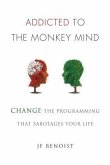>The program focuses on mastering five key brain challenges: 1. Learning to highly value behaviors that promote wellness while devaluing behaviors that lead to poor health. 2. Enriching one's life to tame the need for immediate gratification. 3. Enhancing resiliency to threats and chronic stressors. 4. Training one's addiction circuits that respond to drugs as well as "comfort foods" to make healthful behaviors habitual. 5. Making flexible decisions to empower the prefrontal cortex to make healthful choices. Participants completing the program should be able to: 1. Identify how the brain weighs options when making health-related decisions. 2. Discuss how opportunities for reward get overvalued. 3. List social factors that can overvalue habits and sabotage our health. 4. Describe how the brain's reward system is sabotaged by addictive substances. 5. State how we can correct value estimates, including reframing and challenging expectations. 6. Discuss how impulse control is affected by neuronal processes. 7. Outline several ways that illustrate how life enrichment improves impulse control. 8. Define and give examples of reward deficiency syndrome. 9. Describe how chronic stress increases the need for immediate gratification. 10. List several effects of adverse early childhood experience on adult stress. 11. List several ways to develop greater stress resilience. 12. Compare and contrast habits that can be automatic from those that are acquired. 13. Provide three examples of how we learn new behaviors. 14. List several ways for how new behaviors can turn into old habits. 15. Explain why willpower is not enough. 16. Describe how problem-solving skills can develop and can disappear. 17. List several ways to improve problem-solving and cognitive skills. 18. Summarize key principles using the example of weight loss.
Hinweis: Dieser Artikel kann nur an eine deutsche Lieferadresse ausgeliefert werden.
Hinweis: Dieser Artikel kann nur an eine deutsche Lieferadresse ausgeliefert werden.








